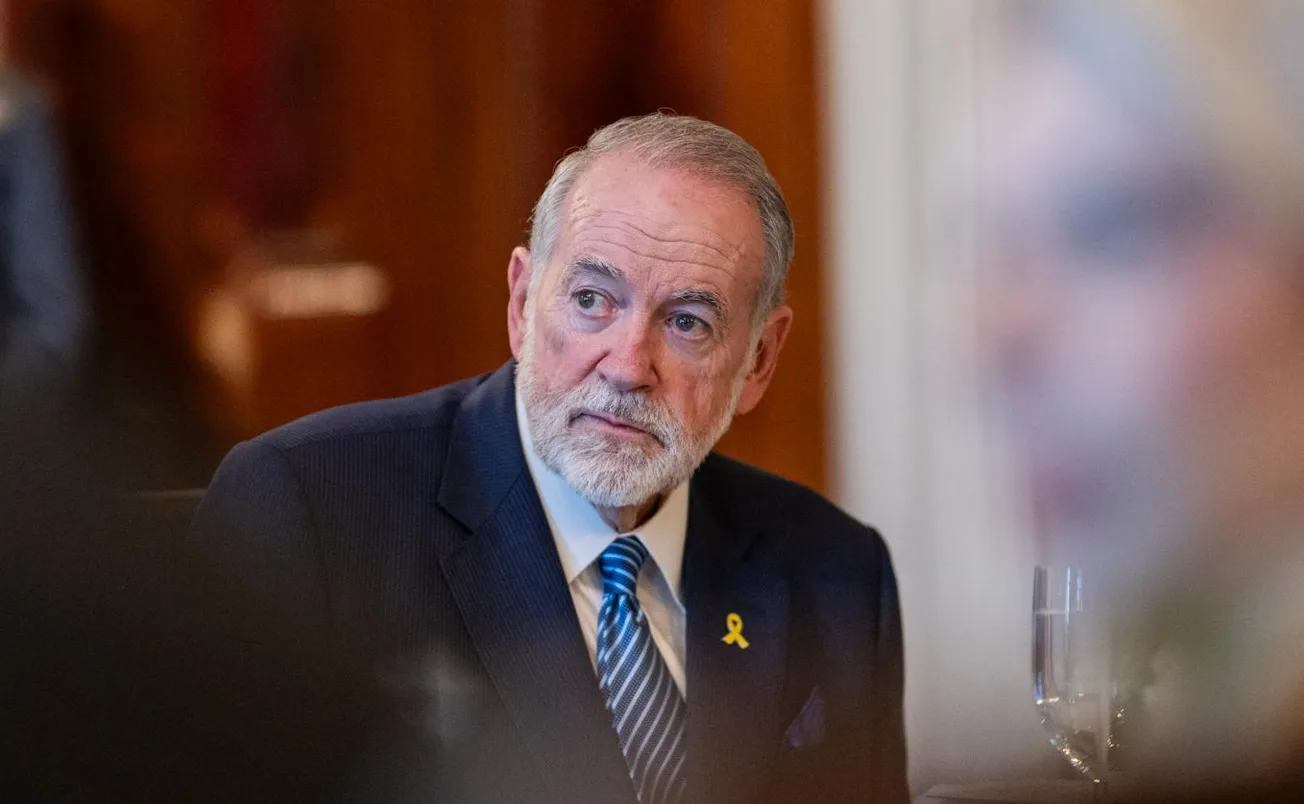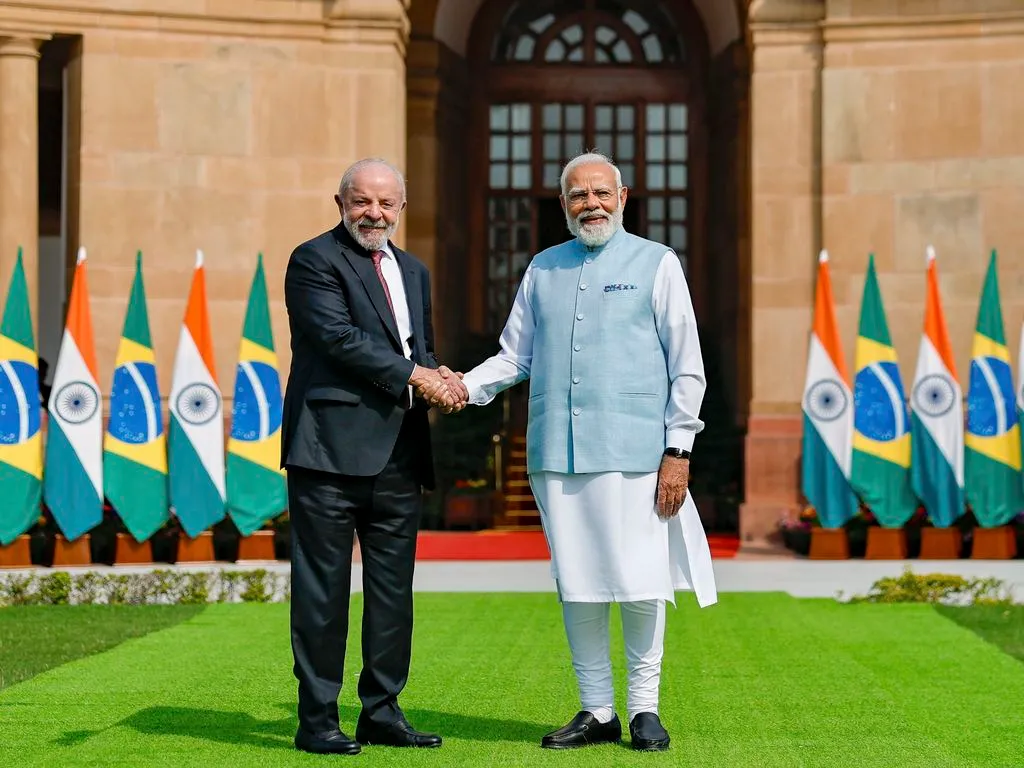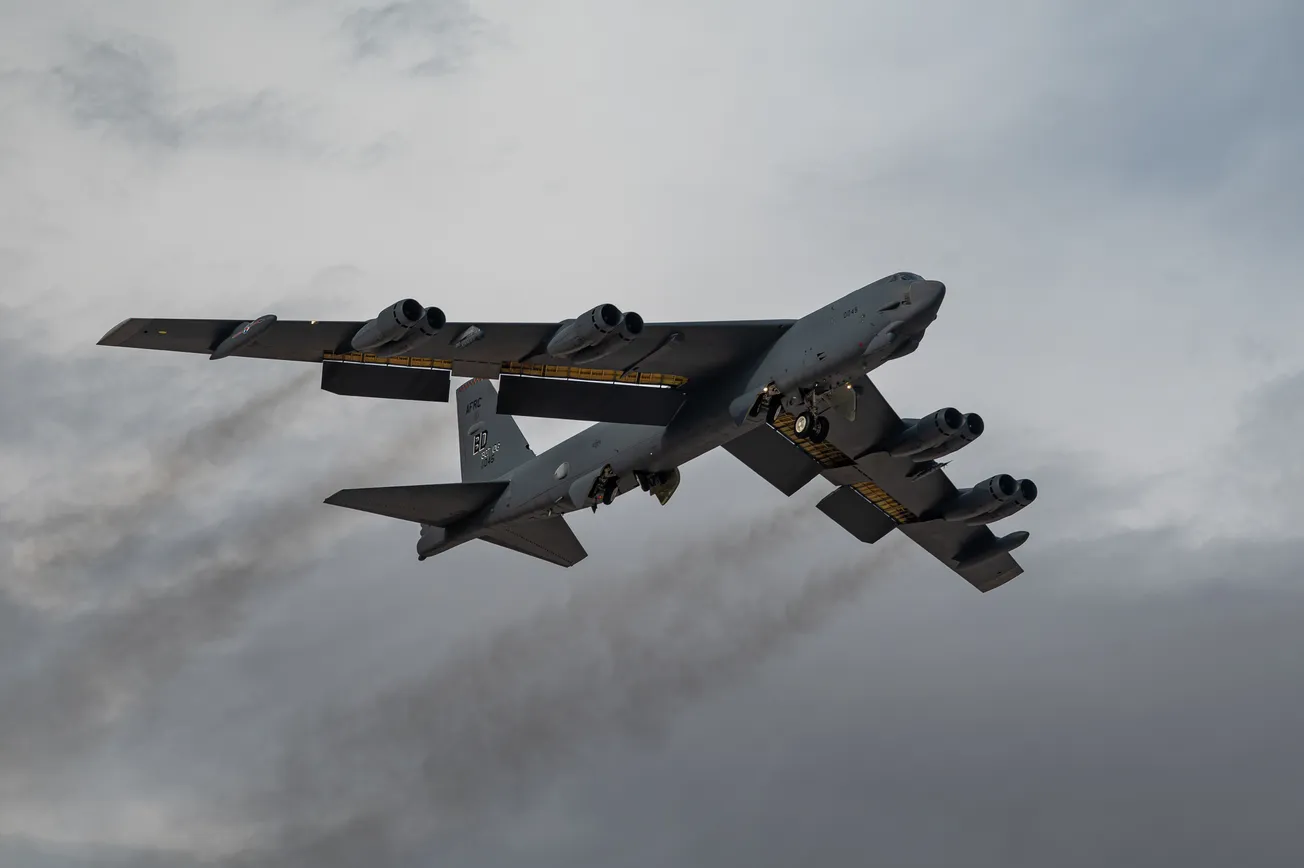Kremlin spokesman Dmitry Peskov issued an assurance yesterday that Russia has not decided to break the moratorium on nuclear testing. “At present, after all, we have not withdrawn from the moratorium on nuclear testing, it has not happened so far, so at this point, I do not think that such discussions are possible from an official point of view,” he said, reported TASS.
Peskov was commenting on remarks from RT editor-in-chief Margarita Simonyan. According to Reuters, Simonyan said that the Ukraine crisis was moving towards a nuclear ultimatum and that the West would not stop until Russia sent a nuclear message. “A nuclear ultimatum is becoming more and more imminent and more and more impossible to avoid,” Simonyan said in a video tweeted to her X feed. “They will not backpedal unless it is painful for them.”
“Margarita does not speak for the official government authorities, so her words do not always reflect the official position,” Peskov said.
A day earlier, Russian Deputy Foreign Minister Sergei Ryabkov said Russia has received no proposals from the United States to check the latter’s compliance with the current moratorium on nuclear weapons tests. According to Sputnik, Ryabkov was responding to U.S. media reporting that the U.S. Department of Energy is seeking to demonstrate it is not violating the current moratorium on nuclear weapons testing, inviting Russia and China to review it in order to achieve greater transparency and reduce military tensions. “We have not received any invitations,” Ryabkov said, adding that Russia’s position on the impossibility of doing business as usual with the United States in the field of strategic stability and in the field of arms control has not changed.
“The grounds for maintaining our moratorium are disappearing. But so far no political decisions have been made,” Ryabkov told reporters. The unilateral moratorium announced by Russian President Vladimir Putin has not been met with a proper response from the U.S. and its Western satellites, he explained. “We are observing practical actions that, in my view, will inevitably lead to the emergence in both Europe and the Asia-Pacific region of such U.S.-made weapons that were previously prohibited by the INF Treaty,” referring to the Intermediate-Range Nuclear Forces Treaty, Ryabkov remarked.
On Oct. 2, the Valdai Discussion Club included a panel session entitled “The Role of Nuclear Weapons and the Danger of Nuclear War” as part of its annual conference in Sochi. “During the session, an opinion was expressed on the need for Russia to lower the threshold for the use of nuclear weapons,” reported the Valdai Club summary of the panel. “According to one of the participants, in order to prevent a Third World War, Russia must take the escalation staircase, threatening to use nuclear weapons against NATO countries (but not the United States). This will force the West to back down and ultimately make the world a fairer place, he said.”
“It cannot be said that the prospect that nuclear weapons may be used found understanding among the audience,” the summary concluded, without identifying any of the participants. “However, the session participants agreed with the thesis that any (not just nuclear) war between great powers should be ruled out.”




